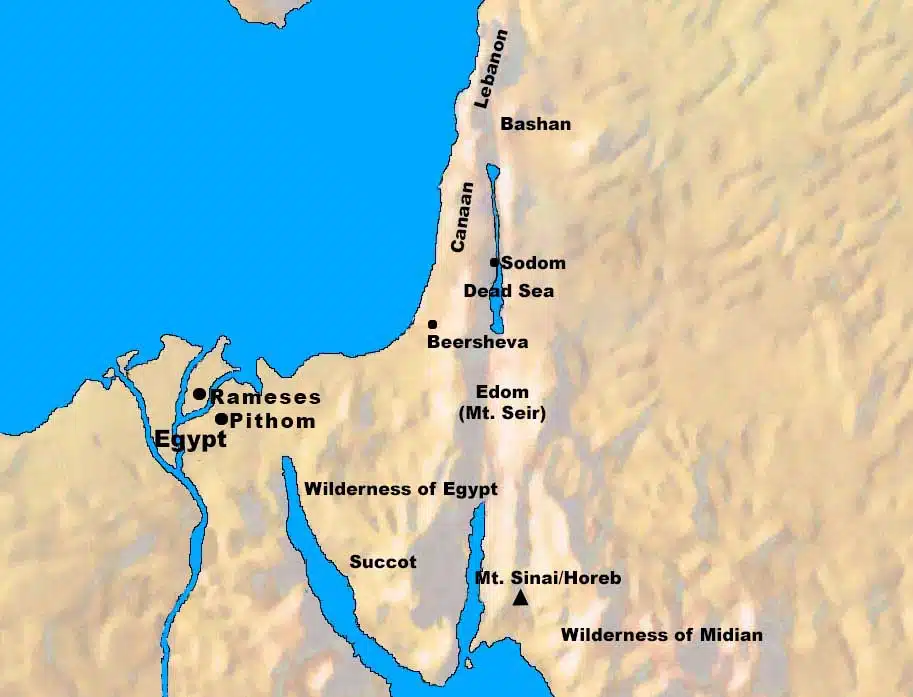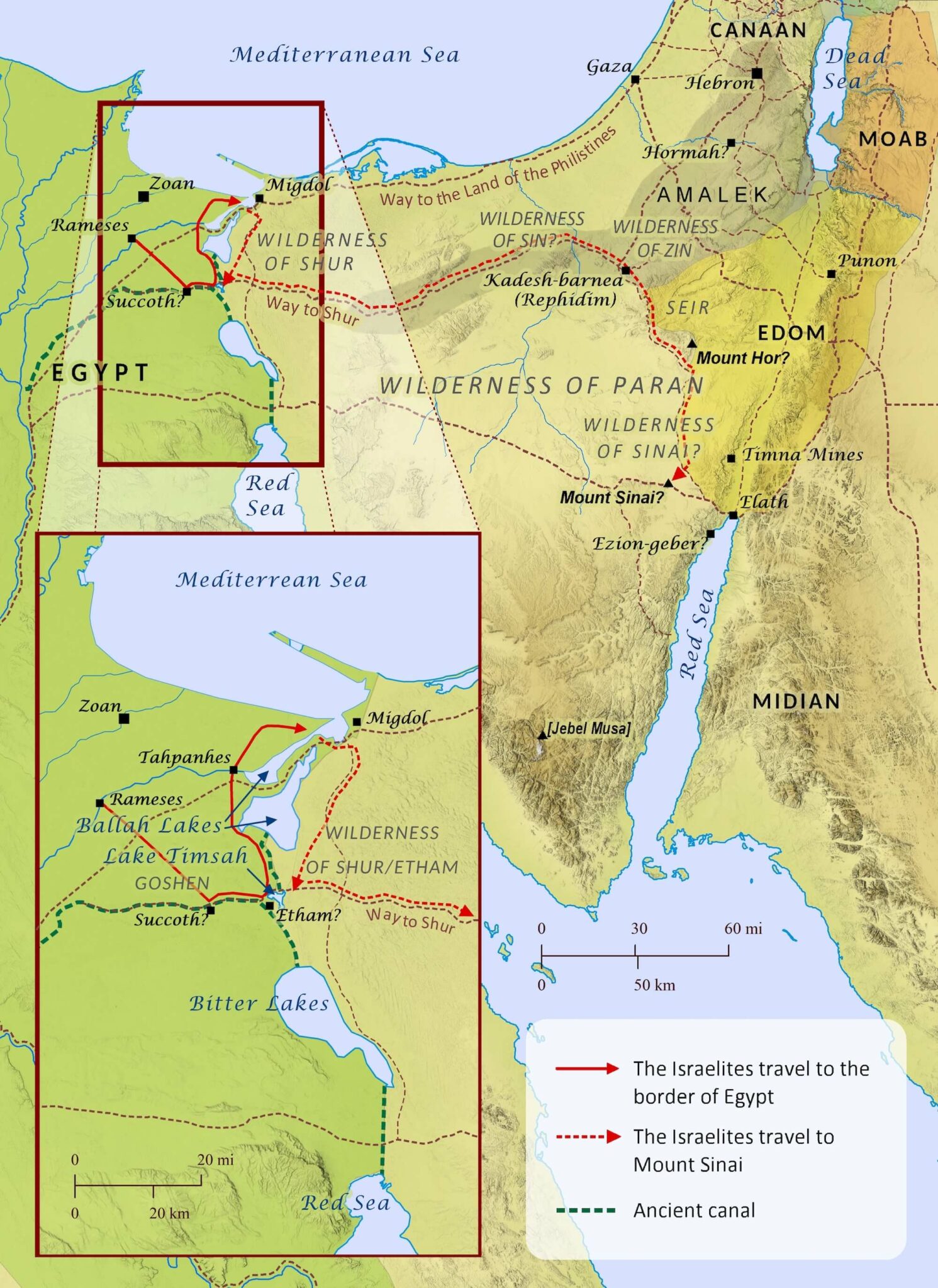The 1st commandment prohibits the worship of all other gods.
The first commandment is short—You shall have no other gods before Me. The commandment prohibits polytheism (the worship of more than one deity) and syncretism (worshipping the LORD along with other deities). Who are these other deities? In the ancient world, people worshipped one or more aspects of the physical world—the sun, the moon, the stars, the sea, animals. They also worshipped various deities such as Baal or Tamuz which were often represented by figures made of wood, stone, or metal (Judges 6:25; Ezekiel 8:14),
Other gods demanded obedience and sacrifice and promised blessing, generally in a form consistent with human appetites. Such pagan practice often included sexual promiscuity. God’s covenant generally commanded God’s followers to put the interest of others ahead of their own appetites, including marital fidelity. This fundamental difference makes it completely impossible for these two diametrically opposed systems to merge in any way. This first prohibition makes this clear.
There is disagreement as to how the phrase before Me applies grammatically. The Hebrew text reads “before My face.” The preposition before (Heb. “‘al”) can mean “above,” “besides,” or “before.” Some scholars suggest the translation “in preference to.” What is clear is that the Israelites were to worship the LORD and only the LORD. God, and only God, is the one who establishes the path that leads to blessing.
The LORD Himself clearly states that He alone is God (Deuteronomy 4:35, 39; Isaiah 45:18). This commandment addresses other “gods” as false and inferior. Isaiah 44 mocks the absurdity of these gods, noting that a workman will cut down a tree, use half of the tree for firewood to warm himself, and fashion the other half into a god and say, “Deliver me, for you are my god” (Isaiah 44:17). This arrangement gives the illusion of control to the human. But while humans are prone to seek illusions of control, paths to “get what I want,” such a relationship is false. Ultimately it is self-destructive. Accordingly, God forbids such activity.
God’s command to have no other gods makes it clear that God desires His people to live in current reality rather than illusion. It also infers that God alone knows what is in the people’s best interest. God is in control. Illusions of control, or false moral justifications to serve appetites, end in self-destruction.
Biblical Text
You shall have no other gods before Me.
Check out our other commentaries:
-
Jonah 4:9-11 meaning
God asks Jonah if it is proper to be angry over a plant. Jonah affirms he has every reason to be angry, even to death....... -
Habakkuk 2:2-5 meaning
The LORD responds to Habakkuk’s second question/complaint by assuring him that divine justice will ultimately triumph....... -
James 1:16-18 meaning
James concludes his emphasis on suffering well, remaining humble, and overcoming temptation by directing his readers to the nature of God....... -
Matthew 11:20-24 meaning
Jesus rebukes the cities of Chorazin, Bethsaida, and Capernaum for their lack of repentance in light of the many miracles that He performed among them....... -
Romans 3:2 meaning
The Jewish people still hold a special place with God.......




